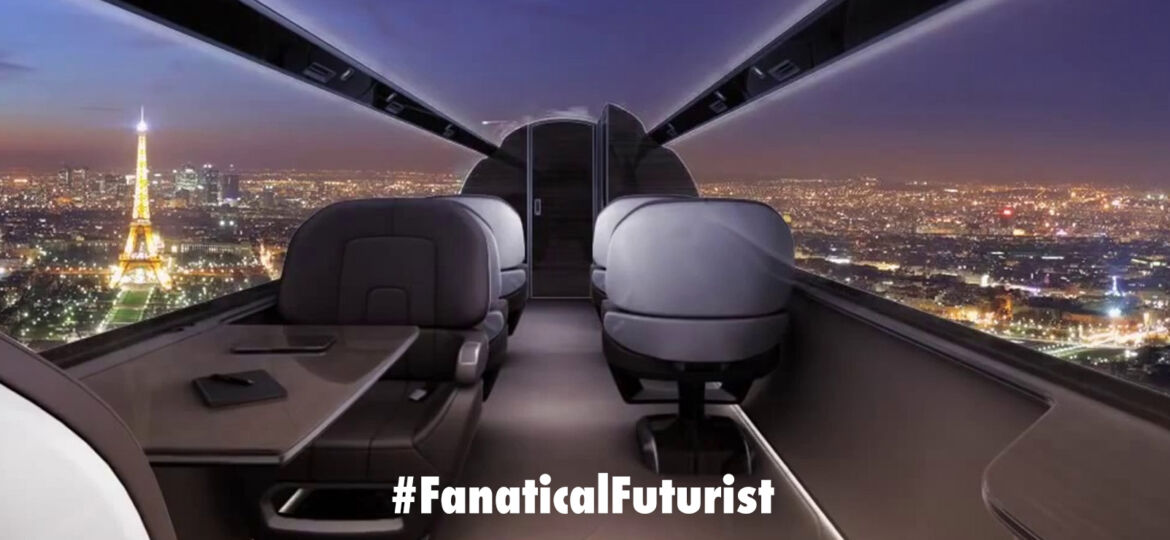
WHY THIS MATTERS IN BRIEF
The pace of change is accelerating, and new technologies are re-writing the narrative for many industries, including aviation.
In the coming decades the aviation industry will, arguably, see more change than it has in the past century, whether it’s because of the introduction of pilotless aircraft, or electric aircraft, and or because in the future airlines will increasingly find themselves competing with new modes of regional and inter-continental travel, from Mach 1 and Mach 3 hyperloop trains, to Mach 27 rockets that will transport anyone to the other side of the planet in just 30 minutes or less. And all of that is before we discuss how the aircraft of the future will be 3D printed, designed by creative machines, and the impact that all the new emerging technologies I discuss on a regular basis have on the customer experience. It was my privilege to be interviewed by APEX Insider on the topic and you can read the article and view the video below, or online here.
In this episode of APEX Insider, founder of the 311 Institute and self-proclaimed “fanatical futurist” Matthew Griffin takes APEX Media director Maryann Simson on a journey into the far-future of aviation. He makes no bones about it, admitting “The future is weird.”
So, what will aviation look like between 2020 and 2070? Futurist Matthew Griffin says biometrics will go far beyond the iris scanners and facial recognition technology passengers are used to today. Instead, he claims artificial intelligence will be able to “determine criminal intent,” and Wi-Fi will be able “to detect whether or not people are ill.”
Griffin predicts cabin interiors will also become increasingly intelligent, with 3D printed dyes that allow cabin colors and designs to change with the flick of a light switch.
Finally, new technology will change the way we power our aircraft, says Griffin. He believes that, by using “photovoltaic technologies, graphene batteries, piezoelectric fabrics and carbon nanotube fabrics,” aircraft will be able to generate their own energy rather than relying on fossil fuels or more traditional batteries.
Source: APEX Insider
















